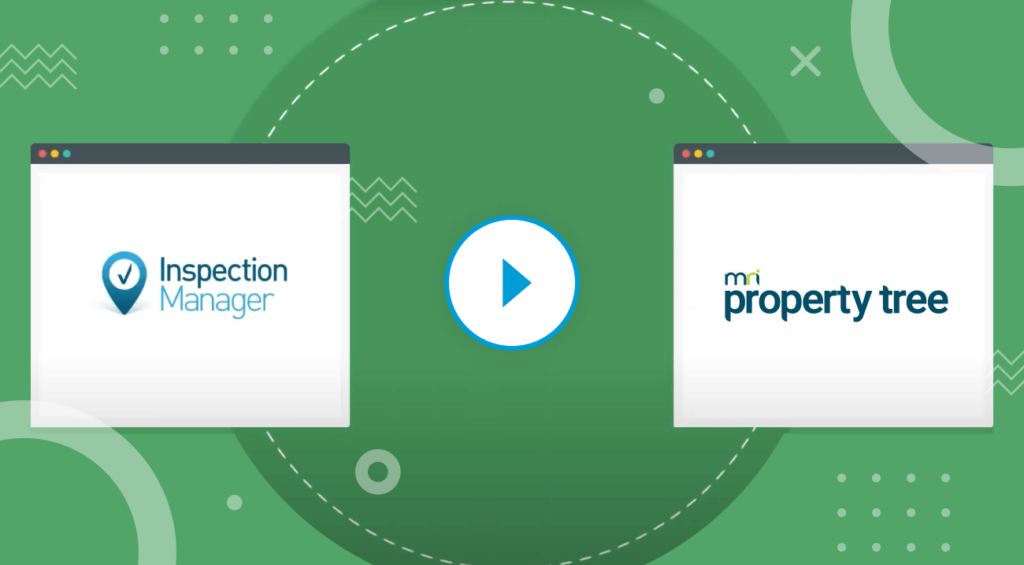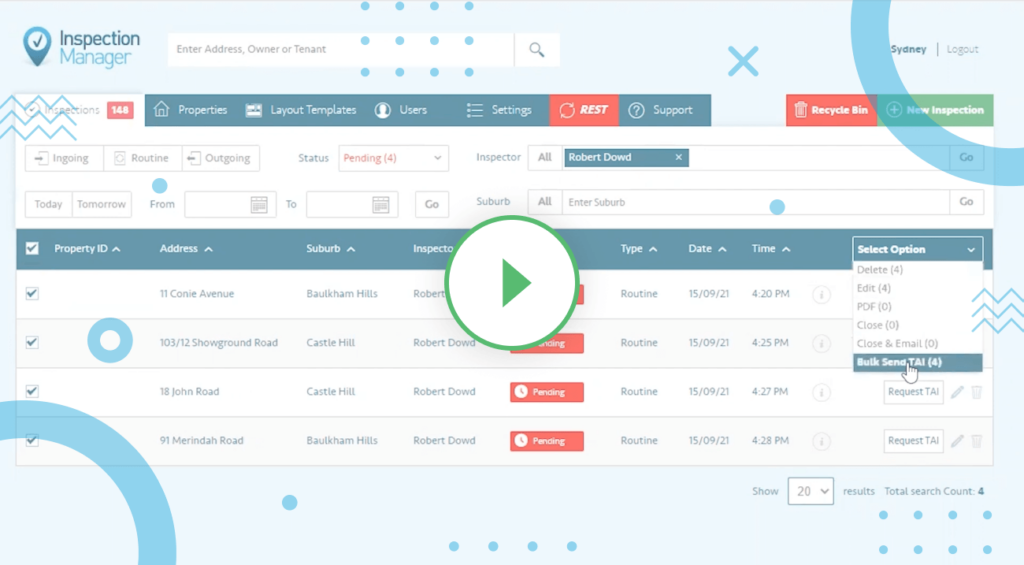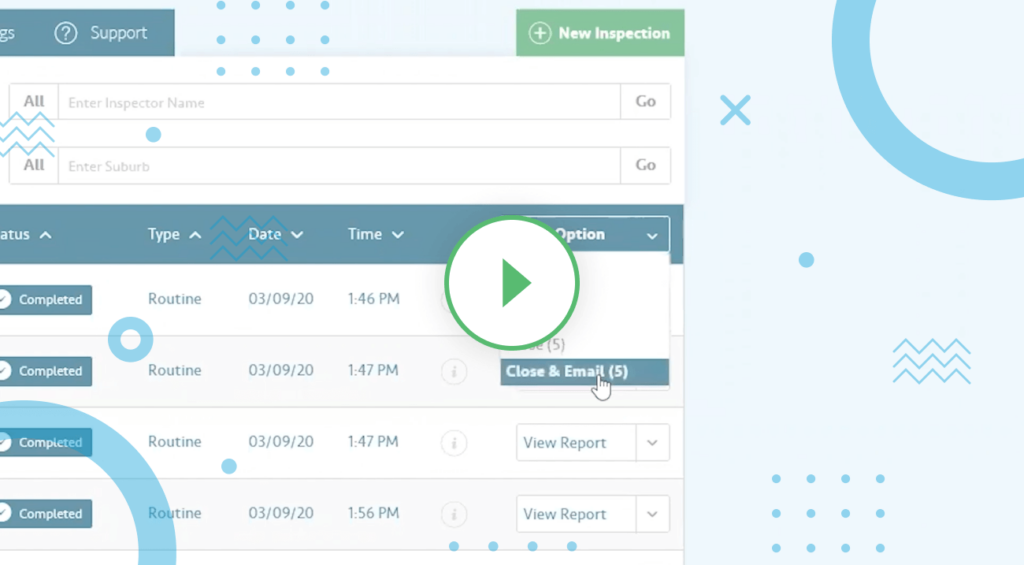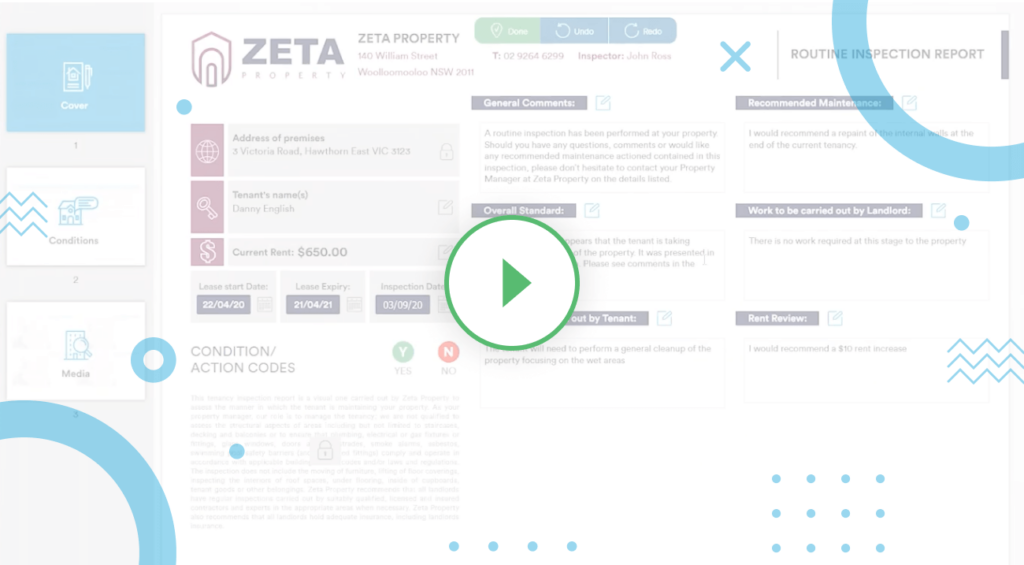As our lives continue to be impacted by the COVID-19 pandemic, it’s likely you’ll also be finding ways to stay safe during your day-to-day work as a property manager.
To help protect your health and safety, we suggest two alternative approaches to conducting routine inspections, find out more by watching this video below, or continue reading:
The first approach is a hazard reduction strategy with the following steps:
1. Ask tenants to confirm whether they or anyone that they know, may have been exposed to the coronavirus in the past 14 days. If yes then you can consider our second strategy.
2. Wear a P2 face mask while completing inspections.
3. Schedule Inspections for when tenants are not at home or request that they remain distant while performing the inspection.
4. Ask tenants to leave windows open to allow for fresh air to circulate before and during the inspections.
5. Ask tenants to disinfect surfaces prior to you attending their property.
6. When carrying out inspections, use our Talk-to-Text, Quick Capture and Video features to reduce the amount of time spent at the property. This way you can capture more detail and speed up the time on-site
The second strategy which may be more suitable is a Tenant Assisted Inspection. To do this:
1. Conduct a drive-by inspections to assess the external condition of your properties.
2. Ask tenants to send you photos and videos showing the condition of internal areas and any maintenance concerns.
3. You can easily add these photos and videos to your condition report via the Inspection Manager CMS or app and send the completed report to landlords.
We’ve also created a detailed guide on how to conduct routine inspections while limiting your exposure to COVID-19. You can view and download the guide here
If you have further questions about using Inspection Manager to complete routine inspections, our support team is here to help.
* Please consider the information above as recommendations only. As always be sure to follow your office policies and guidelines from state and federal governments.














